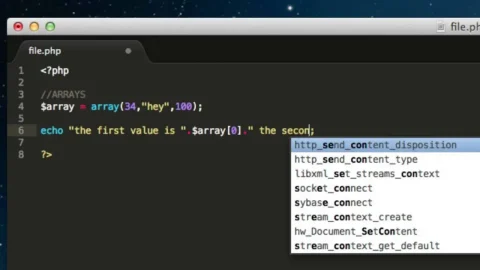When working with the WordPress REST API after adding custom field for JSON response by creating custom API URL or not, it’s important to understand how to pass search keywords along with the API request to filter the results. This requires using the ‘s’ key as an argument for the WP_Query class to search for specific terms in the database. Additionally, it’s crucial to maintain security standards by sanitizing the search field text to prevent potential vulnerabilities. Let’s dive into the details of how to achieve this.
Search for different post types in WP_Query() class
When making a REST API request in WordPress to search for specific terms in the content, title, or any other searchable fields, the 's' key is utilized as a query parameter. This allows the endpoints to filter and return only the items matching the provided search keyword.
Example of using 's' key with WP_Query:
// Sanitize the search term
$sanitized_search_term = sanitize_text_field($data['term']);
// Create a new WP_Query object to search for posts, pages, and professors
$professors = new WP_Query(array(
'post_type' => array('post', 'page', 'professor'),
's' => $sanitized_search_term
));
In this example, the ‘s’ key is used to search for the sanitized search term across different post types, including posts, pages, and a custom post type called ‘professor.’ By passing the sanitized search term as an argument for the ‘s’ key, you can effectively filter the results based on the search query.
WP Security Check with sanitize_text_field() Function
Ensuring the security of user inputs is crucial in WordPress development to prevent potential vulnerabilities such as SQL injection. Using the sanitize_text_field() function is an essential step to validate and sanitize the search field text before using it in the WP_Query object.
Example of using sanitize_text_field():
$sanitized_search_term = sanitize_text_field($data['term']);
By implementing the sanitize_text_field() function, the search term undergoes a stringent security check, removing unwanted characters and ensuring that it is safe for use in the database query.
By following these best practices, you can effectively pass search keywords with REST API requests, apply necessary security checks, and search for different post types simultaneously, providing a more robust and secure approach to handling search functionality in WordPress through the REST API.






